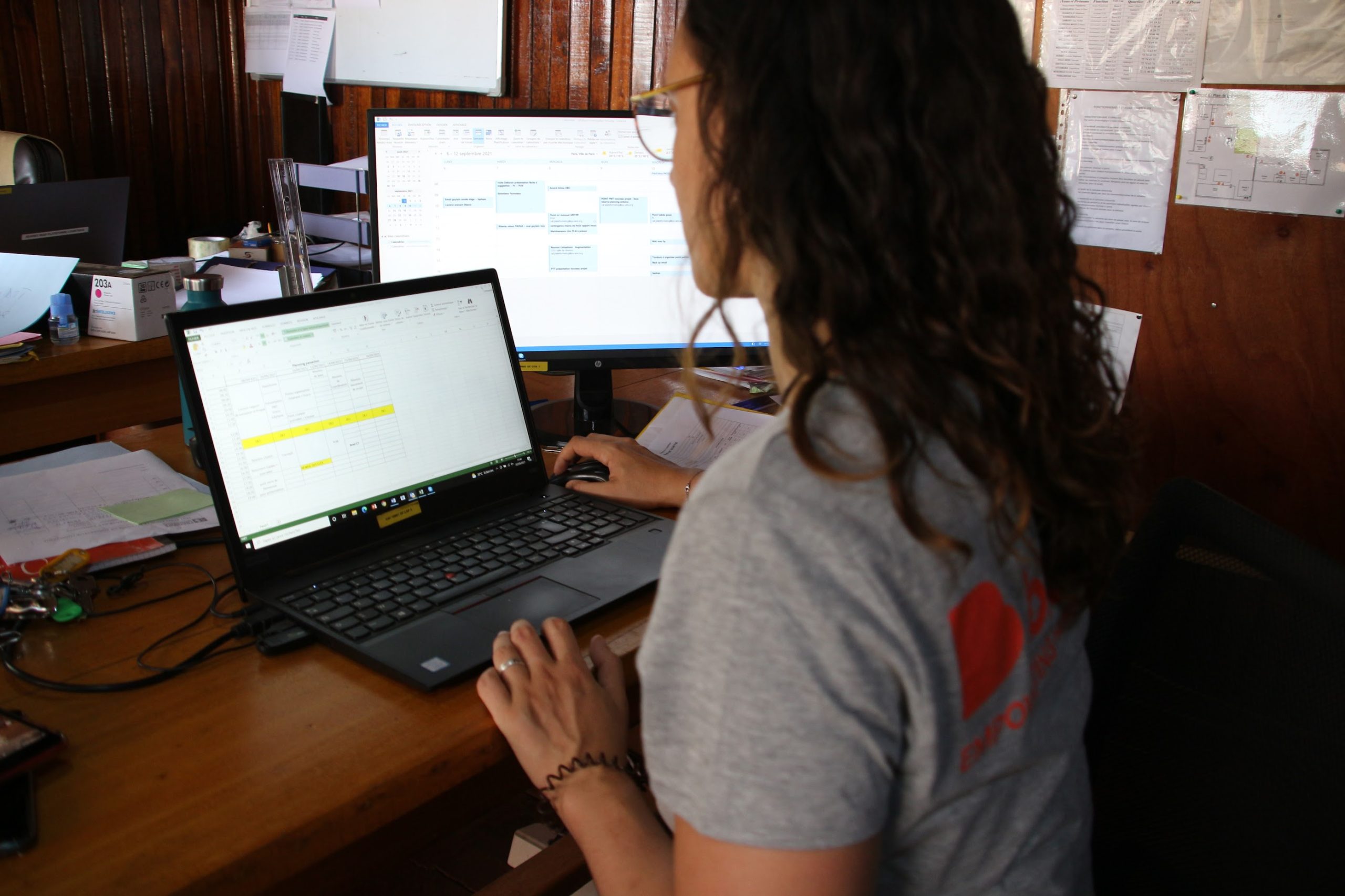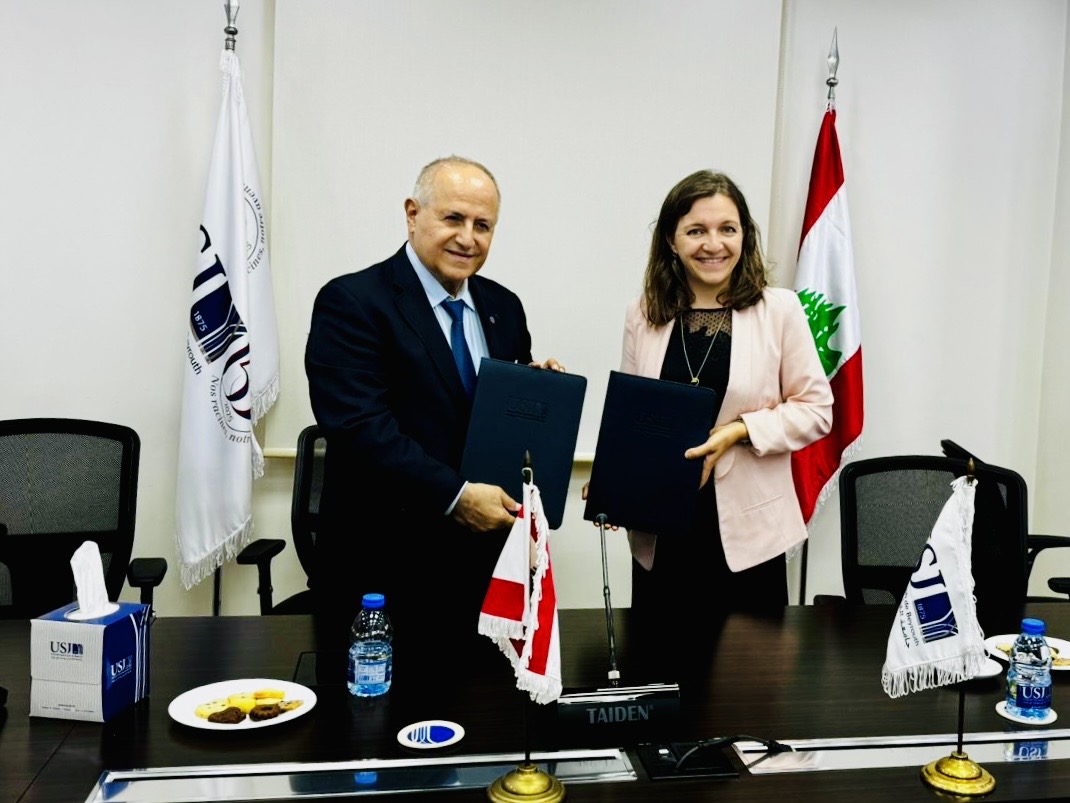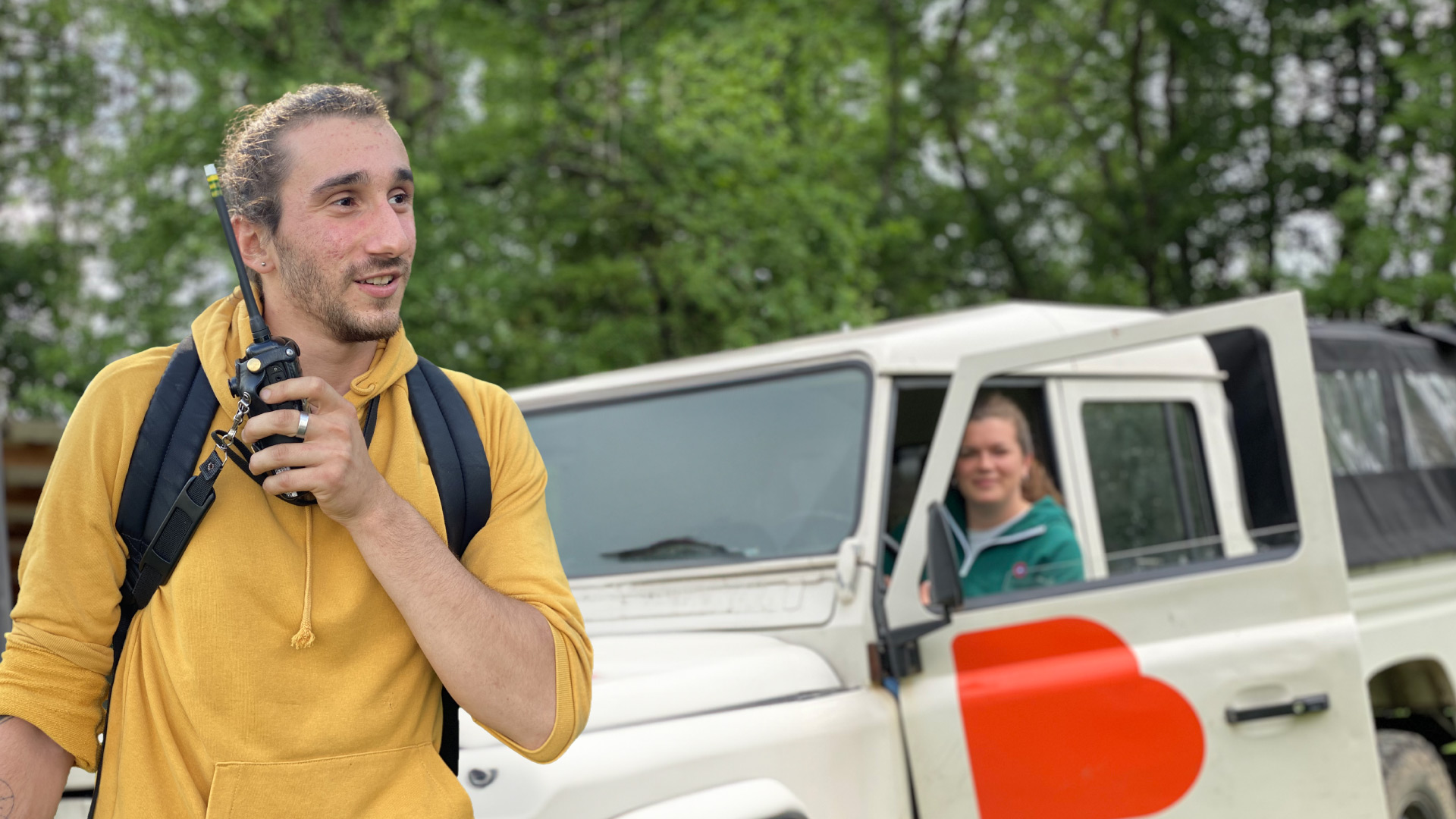
I listen therefore I lead? Lessons from women humanitarian managers
Discover the skills for humanitarian management and leadership, an article written by Diane Cadiergue, the coordinator of our « Humanitarian programme manager » training course.
Learn how to build skills for humanitarian management and leadership
Any industry needs efficient, supportive, and inspiring managers and the aid sector is no exception. Women can lead significant and successful careers there, and have access to executive positions in NGOs, be them international, national or local organisations. Not always, not everywhere, but the non-profit sector would not be the driving force against inequality that it is now, without them.
I am a daily witness of it, whether I look at colleagues and friends around me or following the career development of Bioforce alumni I have had the privilege to meet and support in their early humanitarian steps.
This article is both a tribute to their contribution to the delivery of aid worldwide, focusing on people management and leadership, and an opportunity to explore their specifics:
what do they do well? What lessons to take from their experience? And what are the challenges, if any, still lying ahead for them to unleash their full potential?
In my opinion (by the way, this is an opinion piece, based on experience and observation, not science), management takes skills: both technical and soft. Skills can be learnt, which is precisely why we design and have been delivering training programmes at Bioforce for 40 years! Leadership is somehow one step further, since it has to do with guiding and inspiring, and probably requires an additional dose of confidence. But there is room for learning there as well…
The technical skills of a manager are related to organisation, anticipation, planning, in order to successfully reach specific objectives despite specific constraints that are in the way (context, time, resources). And to make those technical choices work, the manager needs to use soft skills of interpersonal communication: active listening, questioning, speaking abilities, driven with empathy. Among those, questioning is particularly powerful, for in complex situations, answers more often lie in one’s ability to ask the right questions, rather than just relying on science and knowledge. As for empathy, it is often disregarded due to its suspicious connection with feelings, but it is essential to fuel honest communication strategy and practice.
For Edithe, from Haiti, a 2021 Bioforce Humanitarian Programme Manager (HPM) alumna and now manager with ICRC in Burkina: “When I review [my experience as team manager, moving from one to fourteen team members over 12 years], I identify competences, knowing what I am doing with clear goals, being open and supportive to the team members as my strengths: With that, we have a very good work environment.
When the work environment is good, it can be seen on the face of each member of the team, it impacts me positively and I have more energy to continue. These important elements help me to stay focused, be able to face challenges and give good results. »
Bringing support to one’s team helps create trust, and providing vision on top, helps foster autonomy, empowerment. So with the aforementioned skills, technical and soft, plus an additional dose of confidence, and trust, one can start moving from management to leadership.
Confidence (in oneself) … trust (among team members)… Do they not sound cool? The virtuous circle of harmony and fulfilment at work… But how do we get there?
I believe confidence and trust can be built through practice and feedback and my point is that:
- communication can nurture them
- women can make an interesting stand there.
While technical skills are genderless (just learn and practice), I believe soft skills are more gender sensitive. First, because women are often facing situations where they need to be more proactive at communicating in order to get heard. Amanda, from Brazil, a 2020 Bioforce HPM alumna and area manager with NRC in Venezuela, acknowledges that “Being a female manager, I feel like I need to be sweeter and less assertive not be seen as aggressive or bossy. I feel like it is more difficult to get attention to what I am saying instead of who is saying it and that some demands are taken as an option instead of as an order.”
A feeling also shared by Améthyste, from France, a 2021 Bioforce HPM alumna and project coordinator with A Drop in the Ocean/Dråpen i Havet in Bosnia, “I have been a manager for 6 years, in different countries, different contexts and with different levels of responsibilities, and […] I do feel like I have to do more to prove that I know what I am doing. I feel I am patronized a lot and it takes more time to be taken seriously.”
Secondly, in order to find indicators of success for their efforts, they need to listen more carefully.For instance, when negotiating with counterparts who do not acknowledge women as legitimate representatives (of the organisation employing them for instance), Amanda explains “I try to tune with their main values first and then try to identify common ground. I feel like we have at least one thing in common with everyone in the world and we just need to find out what it is. I usually ask questions, to let people speak and then find out hints of what could be this one thing we can have in common. It can be a common goal, it can be a value, it can be a thought. The idea is to get the relation started on a familiar ground for both and then build up the from this point”.
Lastly, strengthening their listening skills, they can come out with more adequate strategies. As Améthyste points out:
“People tend to trust and confide in women more easily. I find it quite important to dedicate time to create a space where the team feels they can share. It usually boosts the confidence of the team.”

So listening improves communication and facilitates dialogue. Dialogue allows understanding and when used wisely and purposefully understanding can help build trust. Trust can nurture teamwork (or effective partnerships) and achievements, and those in return will fuel your self-confidence as a manager and leader.
As HPM training coordinator, I would love to hear more of those strategies enacted by women to manage and lead in the humanitarian sector! For as humanitarian professionals, we are committed to ever-learning in order to produce quality aid, right? And as training actor, Bioforce is keen to play its part in supporting people in that direction.
I welcome you to join and discuss this topic (and more) online on Tuesday 13th of June, at 5:30 p.m. CET.
Just register here (It is free)
Finally, I hope this modest article helps inspire new vocations among female professionals (as well as others!) that are willing to engage in demanding yet exciting humanitarian careers. As I said earlier, learning, practice and feedback can help you walk that path. As Améthyste puts it “I also sometimes try to get inspired by my fellow male colleagues, who I found more assertive and willing to take risks. They succeed or learn, and don’t apologise for it.” So dare to take the step!
Save the date : Tuesday 13 june from 5:30pm and 6:30pm
Sign up here 👇
This webinar is over, follow us on our networks to find out about our next events!



